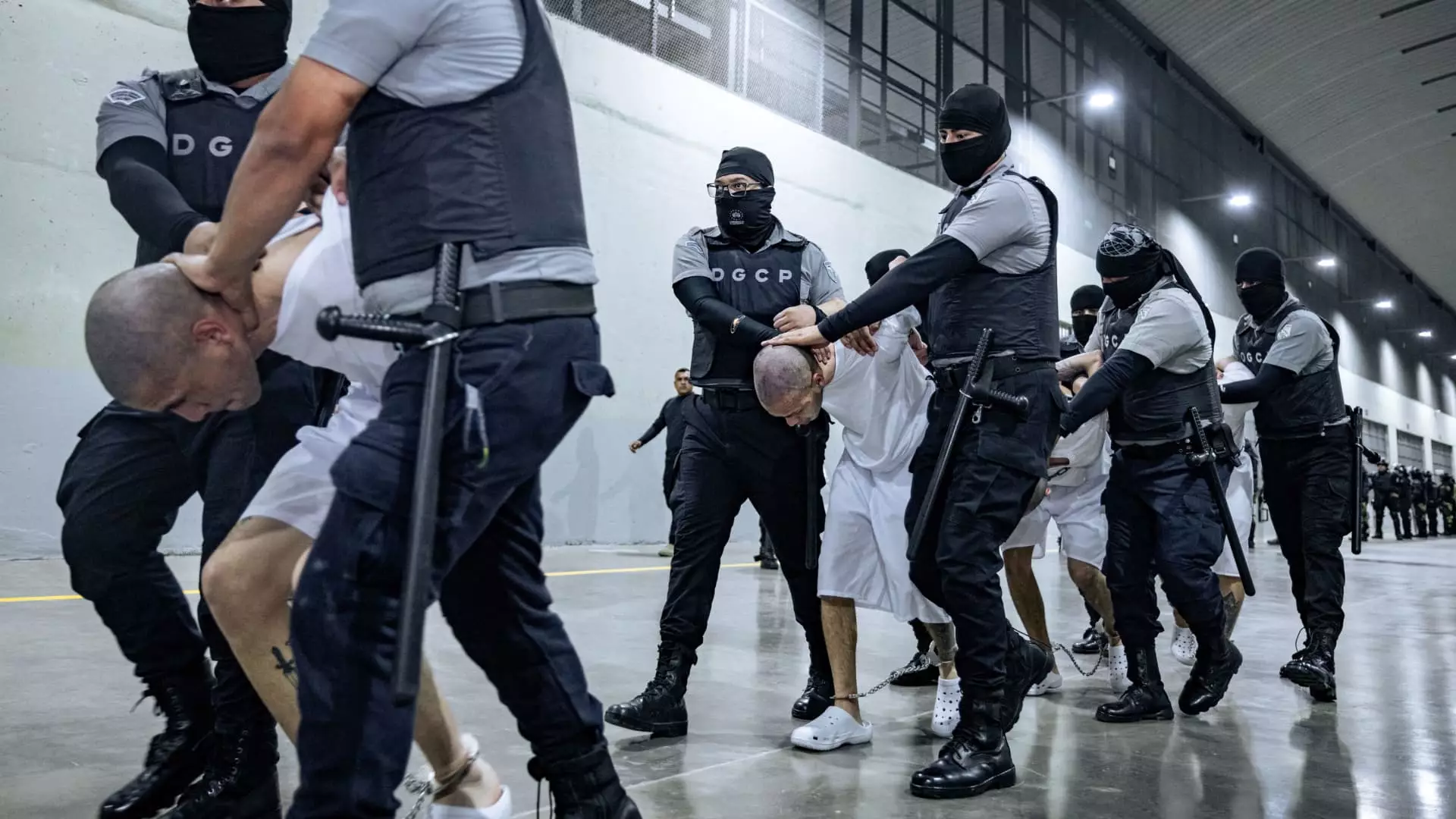The recent Supreme Court ruling concerning Kilmar Abrego Garcia highlights significant flaws within the immigration enforcement system, and the case has ignited intense debate over human rights and executive authority. Abrego Garcia, a Maryland resident, was forcibly deported to El Salvador—a country where he had not lived for over ten years—due to an administrative error, according to the Justice Department. This ruling is not just a matter of legal technicality; it exposes the alarming ease with which the government can disrupt lives and obliterate due process under the guise of law and order.
The Question of Legality
What makes this situation particularly egregious is the complete disregard for the legal protections supposedly guaranteed to individuals facing removal. The Supreme Court noted that Abrego Garcia was under a withholding order that forbade his deportation to El Salvador. So it begs the question: how could a process that is supposed to safeguard against illegal deportations end up expelling a man to a prison in a foreign country? The Justice Department’s acknowledgment of their error raises larger concerns about systemic dysfunction and the institutional failures of Immigration and Customs Enforcement (ICE) that allow such travesties to occur.
The Dangers of Overreach
Furthermore, the Supreme Court’s directive for the Maryland district court to clarify how the Trump administration is to “facilitate” Abrego Garcia’s return indicates a precarious balancing act between judicial oversight and executive discretion. The ruling implicitly acknowledges the need for the government to act ethically while maintaining a glaring uncertainty about the depth of that ethical obligation. This case is emblematic of a broader issue where the executive branch claims expansive powers, often sacrificing individual rights in the process. In an era where immigration policy is rife with fear-mongering, the designation of Abrego Garcia as a potential gang member, based on dubious claims, merely serves to amplify public panic rather than deliver justice.
Societal Implications and the Call for Reform
The ramifications of this case extend beyond Abrego Garcia; it reflects a flawed immigration framework that disproportionately punishes the most vulnerable. The narrative of criminality surrounding immigrants, particularly those falsely accused of gang affiliations, perpetuates a cycle of fear and discrimination. It’s imperative that society recognizes these injustices for what they are—an encroachment on human dignity and a violation of ethical governance.
As we move forward, it is crucial to advocate for reforms that prioritize due process over punitive expedience. Immigrants like Abrego Garcia deserve protection from wrongful deportation and a system that holds the government accountable for its actions. In a truly just society, everyone should know the security and peace that comes from living free from the fear of wrongful separation from their home.

Leave a Reply